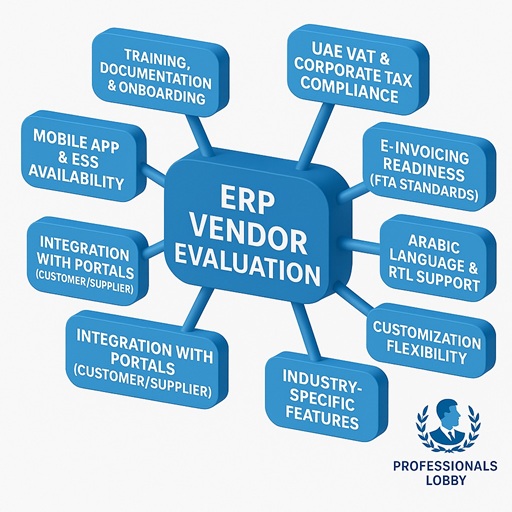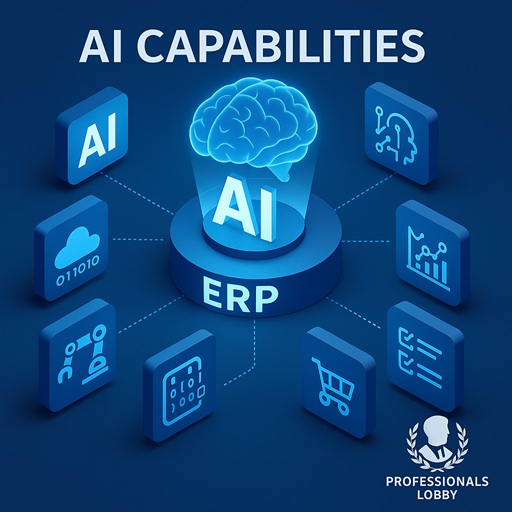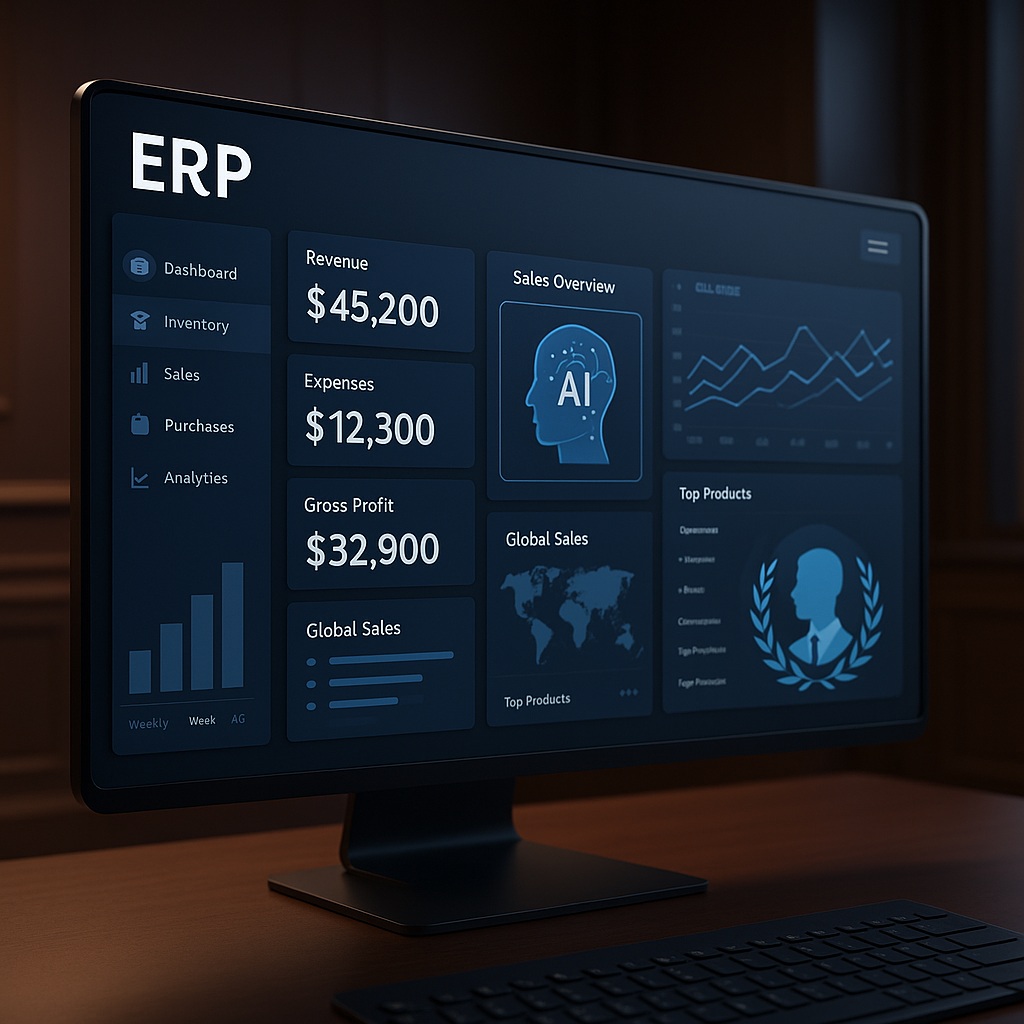Selecting the right Enterprise Resource Planning (ERP) system is one of the most critical technology decisions UAE businesses face. With dozens of options available and implementation costs ranging from AED 50,000 to over 1 million, making the wrong choice can be costly.
This comprehensive guide walks through the key considerations for UAE businesses evaluating ERP systems, drawing on our experience implementing solutions across industries in Dubai, Abu Dhabi, and the wider region.
Understanding the UAE ERP Landscape
The UAE's ERP market has unique characteristics that influence selection:
Industry-Specific Needs
Dubai's diverse economy requires specialized functionality for trade, logistics, real estate, and hospitality sectors
Compliance Requirements
VAT, ESR, corporate tax, and upcoming e-invoicing mandate specific features
Bilingual Support
Arabic/English interface and documentation is essential for UAE operations

ERP adoption varies significantly across UAE industry sectors (Source: UAE Digital Economy Report 2023)
Must-Have Features for UAE Businesses
Based on hundreds of implementations, these features consistently deliver value:
| Feature Category | Key Requirements | UAE-Specific Notes |
|---|---|---|
| Financial Management | Multi-currency, multi-company, VAT calculation | Must support UAE VAT return formats and FTA compliance |
| Inventory & Logistics | Warehouse management, serial/batch tracking | Jebel Ali Free Zone compliance features critical |
| Procurement | Approval workflows, vendor portal | Should integrate with UAE supplier networks |
| HR & Payroll | WPS compliance, leave management | MOHRE integration is a significant advantage |
| Reporting | Real-time dashboards, audit trails | Arabic language reports often required |
Critical Compliance Features
UAE businesses often underestimate these essential compliance features:
- Automatic ESR reporting capabilities
- e-Invoicing readiness (FTA/ZATCA standards)
- Data localization options for sensitive industries
- Audit logs meeting UAE commercial laws
Vendor Evaluation Criteria
Selecting the right implementation partner is as important as choosing the software:
Local Presence
- Physical office in UAE with registered license
- Arabic-speaking support staff
- Understanding of local business practices
Implementation Experience
- Minimum 5 successful UAE implementations
- References from similar industry clients
- Certified consultants on staff
Support Capabilities
- 24/7 support availability
- Guaranteed response times in SLA
- Local data backup and disaster recovery

Key factors in evaluating ERP vendors for UAE implementations
Implementation Roadmap
Successful ERP implementations follow a structured approach:
Discovery & Planning
- Requirements workshops
- Process mapping
- Data migration strategy
System Configuration
- Core module setup
- Custom development
- Integration testing
User Acceptance Testing
- End-user training
- Parallel run with legacy system
- Go/no-go decision
Post-Go-Live Support
- Hypercare period
- Continuous improvement
- System optimization
Common Implementation Pitfalls
Based on our experience, these issues frequently derail ERP projects:
- Underestimating data migration - Legacy data cleanup often takes 2-3x longer than planned
- Lack of change management - User resistance causes 50% of implementation delays
- Customization overreach - Excessive customization increases costs and upgrade challenges
AI & Future-Readiness
Modern ERP systems incorporate AI capabilities that deliver competitive advantage:
Predictive Analytics
Cash flow forecasting, inventory optimization, and demand planning
Conversational AI
Natural language queries for reports and system navigation
Process Automation
Automated invoice processing, bank reconciliation, and approvals
Anomaly Detection
Identifying unusual transactions, potential fraud, or process deviations

AI capabilities transforming modern ERP systems (Source: Gartner 2023)
Cost Considerations
ERP pricing in UAE varies significantly based on multiple factors:
| Cost Component | Tier 1 ERP | Mid-Market | SME Solutions |
|---|---|---|---|
| Software License | AED 250,000+ | AED 80,000-250,000 | AED 15,000-80,000 |
| Implementation | AED 500,000+ | AED 150,000-500,000 | AED 30,000-150,000 |
| Annual Maintenance | 18-22% of license | 15-20% of license | 10-15% of license |
| Typical Users | 500+ | 50-500 | 5-50 |
Hidden Costs to Consider
- Data migration - Often 15-30% of implementation budget
- Custom reports - Standard reports rarely meet all needs
- Training - Budget for multiple training rounds
- Integration - Connecting to legacy systems adds cost
Key Takeaways
Selecting and implementing an ERP system is a transformative journey for UAE businesses. By following these guidelines, companies can:
- Align ERP selection with business strategy and UAE compliance needs
- Avoid common pitfalls that derail implementations
- Maximize ROI through proper planning and change management
Need Help Selecting the Right ERP?
Our ERP consultants can guide you through the selection process, vendor evaluation, and implementation planning.
Schedule ERP Consultation